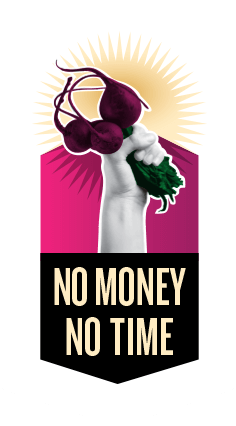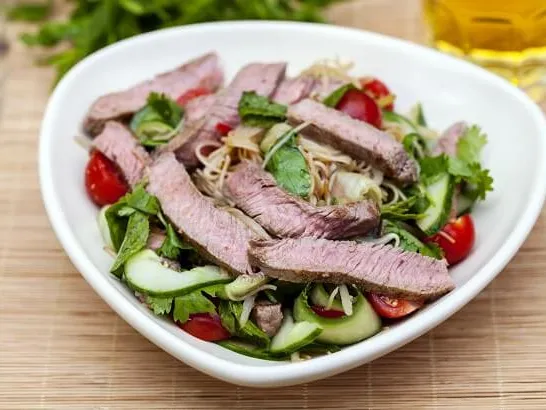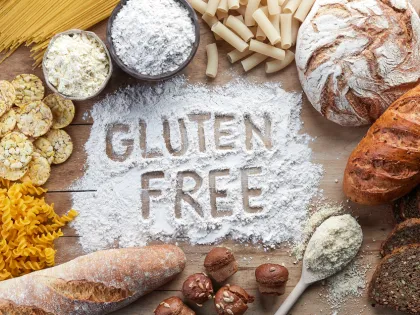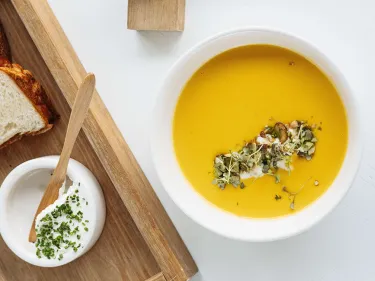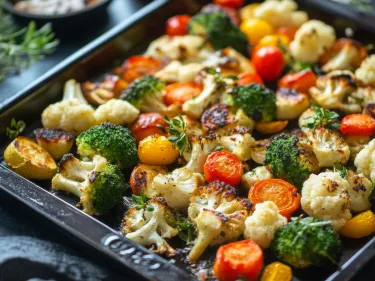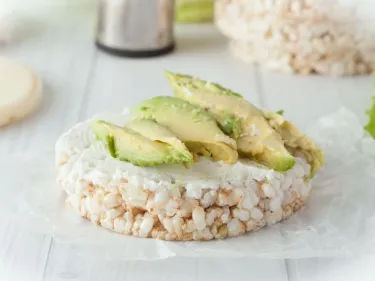Servings = 4
400g blade steak, visible skin and fat removed
1 tablespoon oyster sauce
1 small red capsicum, remove the stem and seeds. Cut the flesh into strips
1 cucumber, cut in half lengthways. Cut into half moon shaped slices on an angle
1 bunch coriander, roughly chop the leaves
125g rice Vermicelli
1/3 cup roasted, unsalted peanuts, roughly chopped
Dressing
2 tablespoons sweet chilli sauce
2 teaspoons vinegar
2 teaspoons fish sauce

